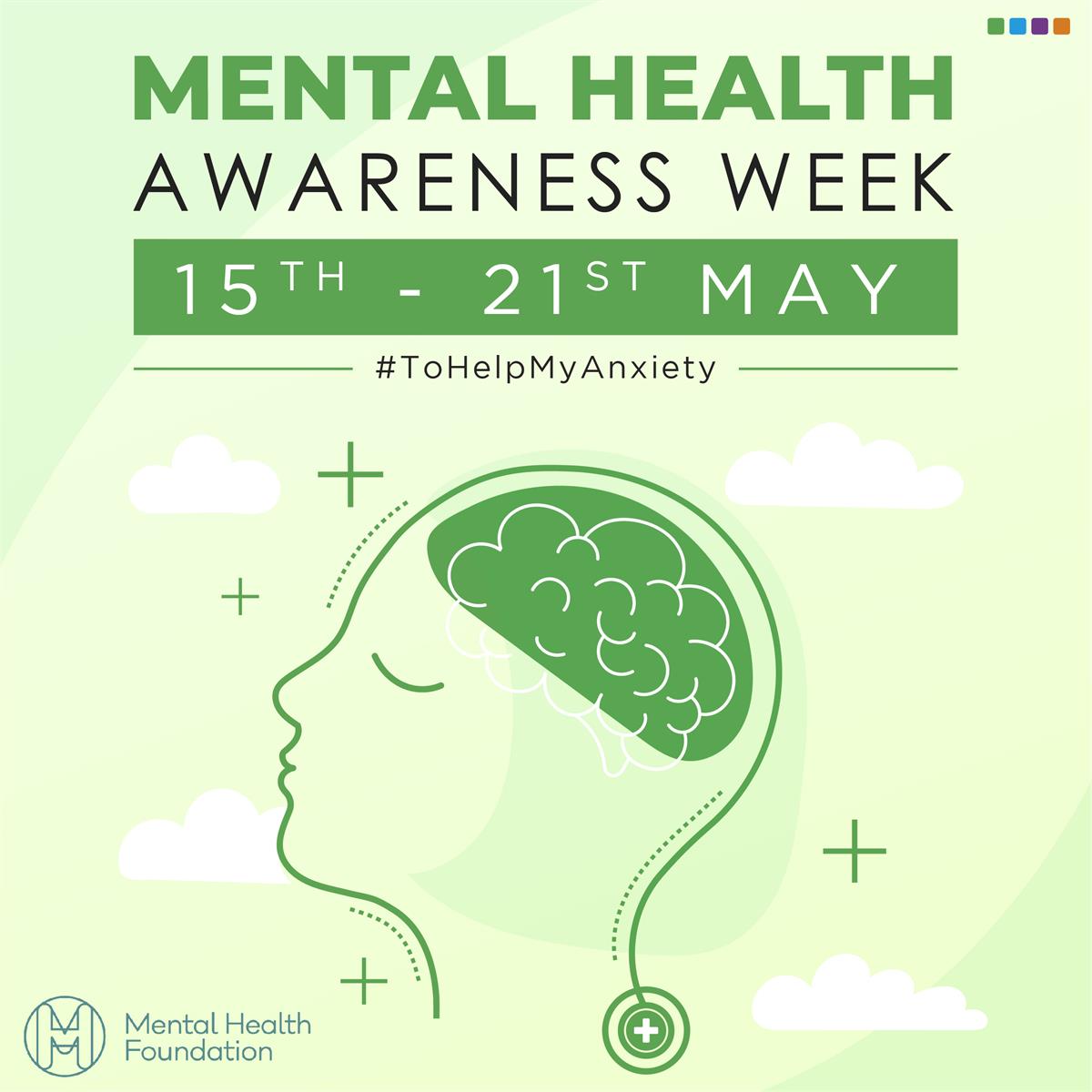
This week (15th May-21st May) is Mental Health Awareness Week 2023 in the UK, organised by the Mental Health Foundation, in order to increase people’s awareness and understanding of this years’ theme – anxiety.
This is a common and normal response to a number of situations in day-to-day life, however for some people, this emotion can become uncontrollable, and in turn can spiral into a mental health issue.
Here at GAP, we have a trained Mental Health First Aid team who are located in various departments throughout our company, all of which have received training with regards to first aid of mental health problems, including anxiety.
We spoke to some of our team during this Mental Health Awareness Week and collated some useful tips for managing anxiety and your mental health in general.

Sleep.
It might seem like an obvious one, but your sleep quality can severely impact your day-to-day life and is linked with an array of mental health problems.
Only a few small steps are needed to improve your sleep quality, which in turn can result in a better mood, higher productivity and general wellbeing within your life.
Avoid stressful situations as much as you can – This might be easier said than done, as stress can come in all walks of life, but lower stress levels can significantly improve your sleep.
Limit your alcohol and caffeine intake – Drinking excess alcohol affects the chemical balances in your brain, and with caffeine being a stimulant, this can keep you awake at night.
Incorporate some exercise into your daily schedule, see more below.
Exercise.
Did you know that exercise is one of the best ways to alleviate stress, anxiety and other mental health problems?
Sometimes our lifestyles can limit the amount of time we are able to exercise, but small steps such as taking a brisk walk or getting involved into a new sport can be great forms of exercise that can promote a more positive lifestyle.
Simply trying something more than you normally would is a great way to clear your head in the short-term, but by creating a routine that incorporates 20-30 minutes of exercise a day is a great way to improve your mental health and also your physical health, both in the long term.
By no means should you immediately read this and feel you need to run a marathon to feel better! Just by doing something that is more than you would normally do is a fantastic start.
Diet.
When we talk about diet, this does not mean that you need to place yourself on an intense programme, meticulously counting your every bite. Just by improving certain aspects of your diet however is linked to improved mood and a better quality of life in general.
Cutting back on high-in-fat items such as takeaways, deep-fried food and chocolate can not only improve your physical wellbeing, but also improve your mood massively!
As previously mentioned, reducing your alcohol and caffeine intake can improve your sleep quality, but can also improve your mood.
Small additions to your diet though, including upping your protein intake can help improve the regulation of your thoughts and feelings, resulting in more positive thoughts.
Talk.
There can sometimes be outdated stigmas still attached to mental health, which can make it difficult for people to speak to their colleagues, peers, friends and family and so on.
Just striking up a conversation with someone you can confide in, talking about how you are feeling can make a real difference if you are struggling, and lead to a positive impact on your mental wellbeing.
If you are struggling to talk to anyone you confide in, there are support services available who are all specialists in mental health and are available to talk to. You can click on their links for more details:
Mind – 0300 123 3393
Samaritans – 116 123
Rethink Mental Illness – 0300 5000 927
Papyrus UK – 0800 068 4141
Campaign Against Living Miserably (CALM) – 0800 58 58 58